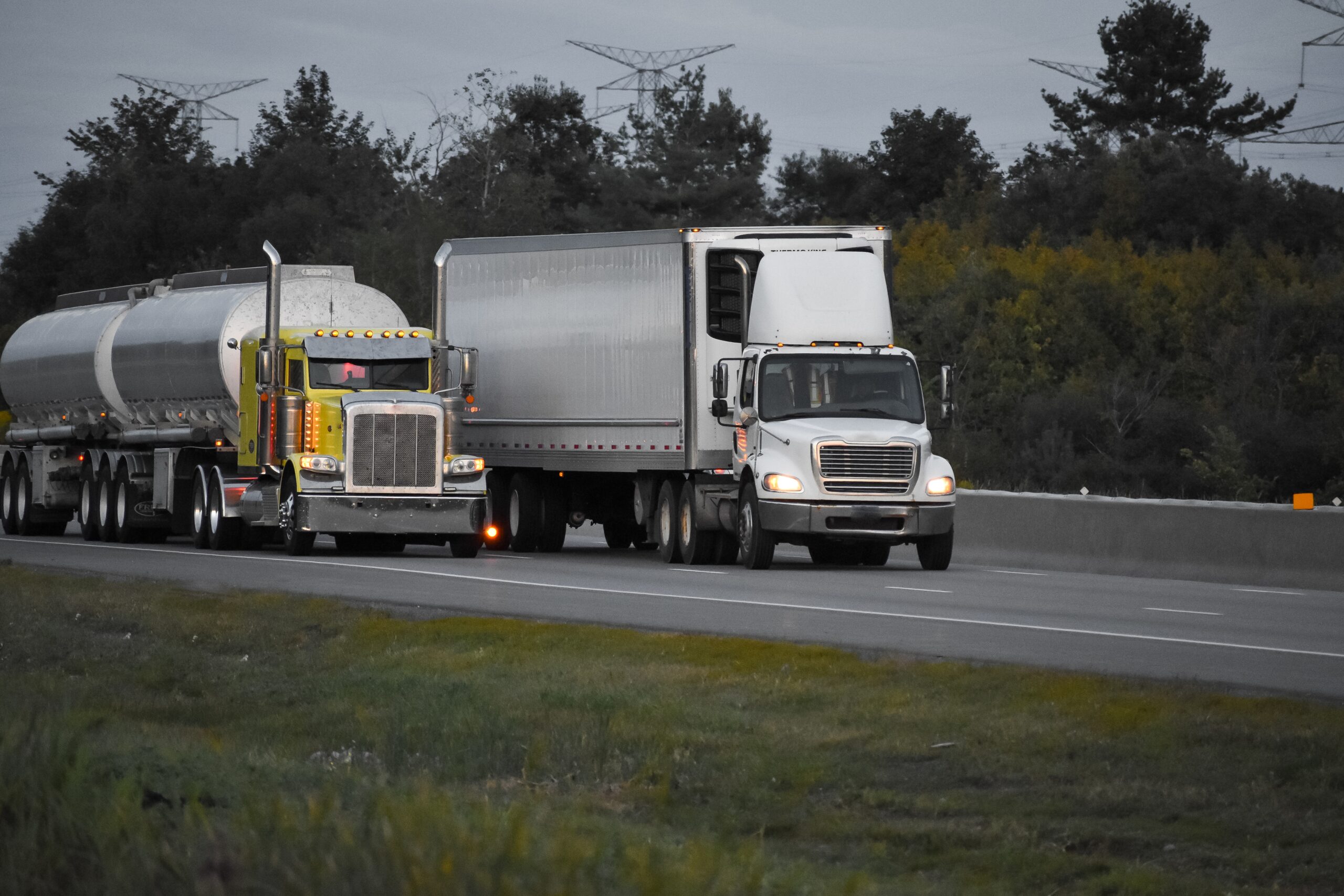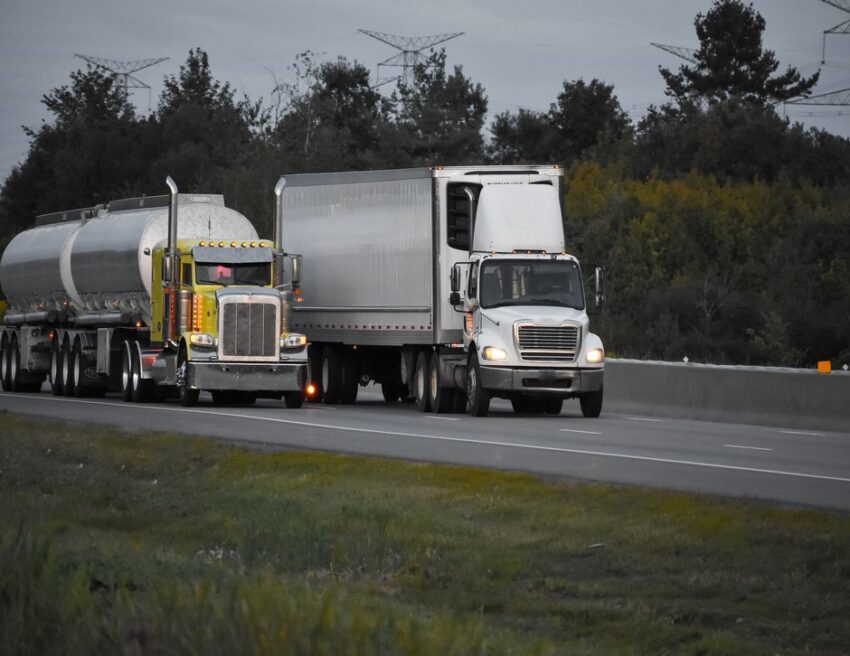
The road freight forwarding companies are a significant contributor to global carbon emissions and is under pressure to decarbonize its operations. Hydrogen is all set to become one of the most important fuels in the years to come with many multinationals investing in the development of hydrogen fuel cells. It is coming up as a major contributor to the decarbonization efforts of this sector. Additionally, the production of green hydrogen uses renewable electricity which makes the fuel cells a zero-emission system. Energy efficiency has become one of the primary concerns of the freight forwarding sector and this factor is pushing the development of hydrogen-powered long-haul trucks.
In this blog, we are going to take you through some of the key points regarding the future of hydrogen for long-haul trucking and how it can benefit the road freight forwarding companies.
How hydrogen fuel cells can make the road freight forwarding companies more sustainable
What are hydrogen fuel cells?
Hydrogen fuel cells make use of the chemical energy of hydrogen for the production of electricity that could power vehicles. The hydrogen fuel cells are way more sustainable than fossil fuel and are more energy efficient. Most importantly, heat and water are the only byproducts of this fuel. It doesn’t result in any carbon emissions which is probably one big reason why it could define the future of the transportation and logistics industry.
Moreover, the hydrogen-producing technology is fairly simple which implies that production facilities can be set up globally. Even the developing nations that need to import fossil fuels will soon be able to fuel their vessels with hydrogen produced in their country. In spite of being expensive, hydrogen is probably the most promising alternative fuel option that will have a lasting impact on the international shipping sector. In the near future we will see a considerable rise in hydrogen-powered trucks and fuel-cell-powered long-haul vehicles.
Governments in many European countries are preparing to get over 60,000 hydrogen-powered trucks on the road by 2030. This is because of the urgency to decarbonize the road freight sector. The technology to power these trucks is already well developed although we still do not have enough hydrogen refueling stations required for the large-scale adoption of this technology.
The advantages of hydrogen-powered trucks for the road freight sector
-
Hydrogen-powered trucks are environment friendly
Hydrogen fuel cells are a green source of energy that doesn’t adversely impact the environment since they do not emit carbon dioxide or any other harmful chemicals. The only two byproducts of hydrogen-powered vehicles are water and heat. Moreover, unlike other alternative fuels such as hydropower or biofuel, the production of hydrogen is also easy, and eco-friendly, and it doesn’t require large areas of land for setting up production units. Simply put, as a fuel source it is way more non-toxic as compared to coal, natural gas, or nuclear power. The manufacturing and use of hydrogen as a fuel source are all set to be of great consequence in the further development of environment-friendly energy.
-
Allows for quick refueling
Contrary to what many hydrogen energy critics believe, hydrogen-powered trucks don’t take long to fill up than traditional diesel trucks. It just takes roughly ten minutes to fill up a hydrogen-powered truck. Nevertheless, the only barrier to the use of these trucks is the scarcity of refueling stations. Nevertheless, the governments in the EU, US, and Australia are taking every necessary step to build refueling points nationwide.
-
A readily available source of energy
Hydrogen is one element that is found in abundance. Regardless of the problems associated with hydrogen extraction from water, it is still the most abundant renewable source of energy on the planet. At a time when fuel prices are skyrocketing, making use of hydrogen can be ideal for meeting the sustainability endeavours of the transportation and logistics sector.
-
More efficient compared to other fuel sources
Hydrogen fuel cells offer more energy efficiency compared to most other traditional energy sources. Therefore, it allows for the release of greater energy per pound of fuel. For instance, the hydrogen fuel cells make use of 40% to 60% of the fuel’s energy. Additionally, it also leads to a 50% reduction in fuel consumption.
-
Hydrogen-powered vehicles are the way to the future
In the next five years, we can expect to witness a massive rise in the number of hydrogen-powered trucks in the road freight sector. By 2035, over 850,000 hydrogen-powered trucks could be on the roads in several countries across the European Union. This would necessitate the construction of 4,800 hydrogen refueling stations in Europe alone.
Wrapping up
Nevertheless, this technology also has its drawbacks. For example, hydrogen fuel cells entail a massive production cost and necessitate a tremendous amount of electricity which is usually generated from traditional fuels. The storage of hydrogen and its logistics are also an obstacle to the large-scale acceptance of this fuel. Even though several countries around the world are producing hydrogen for various industries, production needs to increase and shift to renewable energy production.


